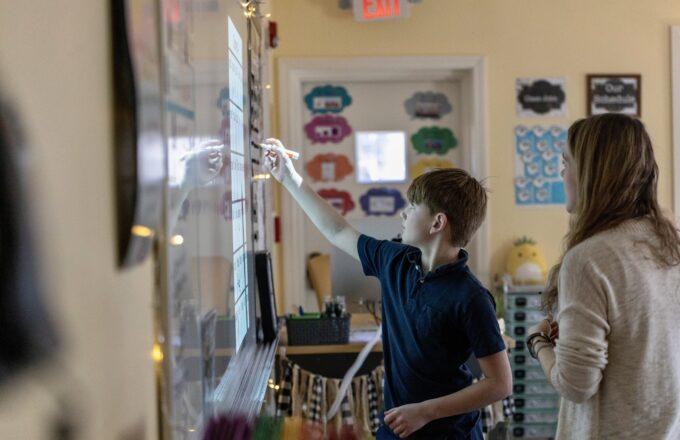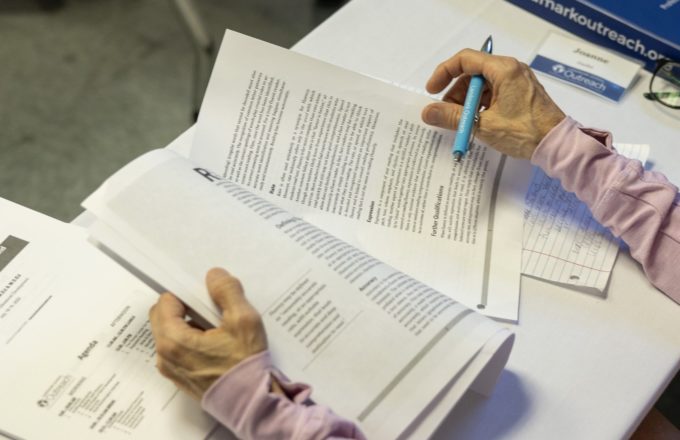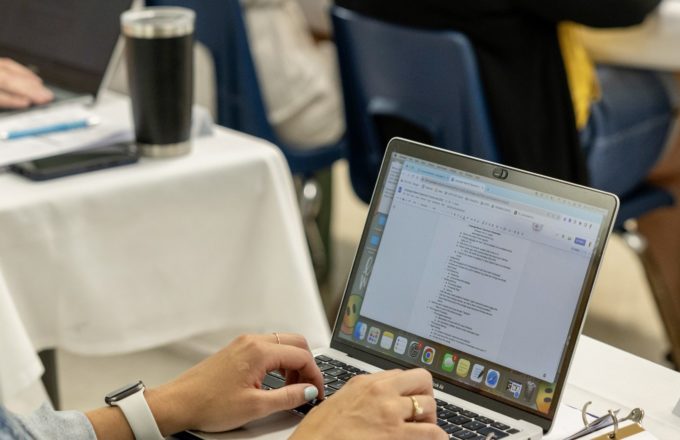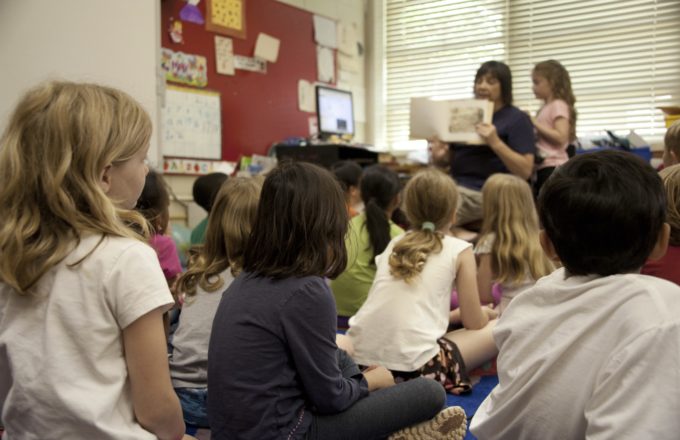Categories
Subjects
Sort By

by Elizabeth Knox November 28, 2022 Instructors are tasked with teaching a subject curriculum as well as ensuring that their pupils understand what it means to be a student ready and able to access this curriculum. Teaching social communication and expectations through specific language, verbal cueing, and gestural cueing can help students understand what it
Read Blog
October 3, 2022 Decades of research in the fields of literacy and neuroscience have helped to articulate what happens in the brain when we read. A crucial takeaway from this body of research is that the human brain is not hardwired for reading, meaning that for most people to learn to read they need to
Learn Strategy
September 6, 2022 The Reading League, a national education nonprofit led by educators and reading experts, defines the science of reading as: A vast, interdisciplinary body of scientifically-based research about reading and issues related to reading and writing. This research has been conducted over the last five decades across the world, and it is derived
Explore
by Sarah Ciras October 4, 2022 In Massachusetts, 19% of students are protected by the Individuals with Disabilities Education Act (IDEA), however, only 10% of those students take part in Computer Science (CS) courses. Nationwide 14.4% of students receive services under IDEA, but only 8% take part in CS. This is likely in large part
Read Blog
November 15, 2022 The executive functions are at the core of learning and are crucial for success in school and beyond. These cognitive processes allow us to approach a task or goal, whether it is academic or non-academic, manage our attention, plan each step, and regulate our emotions to achieve the desired outcome. Specifically in
Learn Strategy
At their core, assessment measures, whether they are formal or informal, work to give a snapshot of a student’s ability level and skill development. The results of these measures can provide educators with insight and understanding of a students’ academic proficiency and can present educators with a road map to assist in strengthening any necessary
Learn Strategy
by Rob Kahn August 31, 2022 Sticky has a variety of meanings, from perilous to adhesive to tenaciously persistent. A Sticky© note on your wall or your screen invites your attention until the reminder can be discarded. And ‘stickiness’ is the holy grail for web designers and app creators: qualities that entice and then retain
Read Blog
October 14, 2022 Developed by Hollis Scarborough in 2001 and explained in her paper titled “Connecting Early Language to Later Reading (Dis)Abilities, this helpful infographic, often called Scarborough’s Rope or the Reading Rope, explains how essential language skills work together to develop skilled reading. Similar to the equation in the Simple View of Reading R
Learn Strategy
March 21, 2022 The act of reading requires the coordination of many cognitive skills. Students must understand that words in a given language are made up of distinct, separate sounds, and that when we read and write, these sounds are represented by letters. Not only is understanding this letter/sound code important, but the rate at
Read More